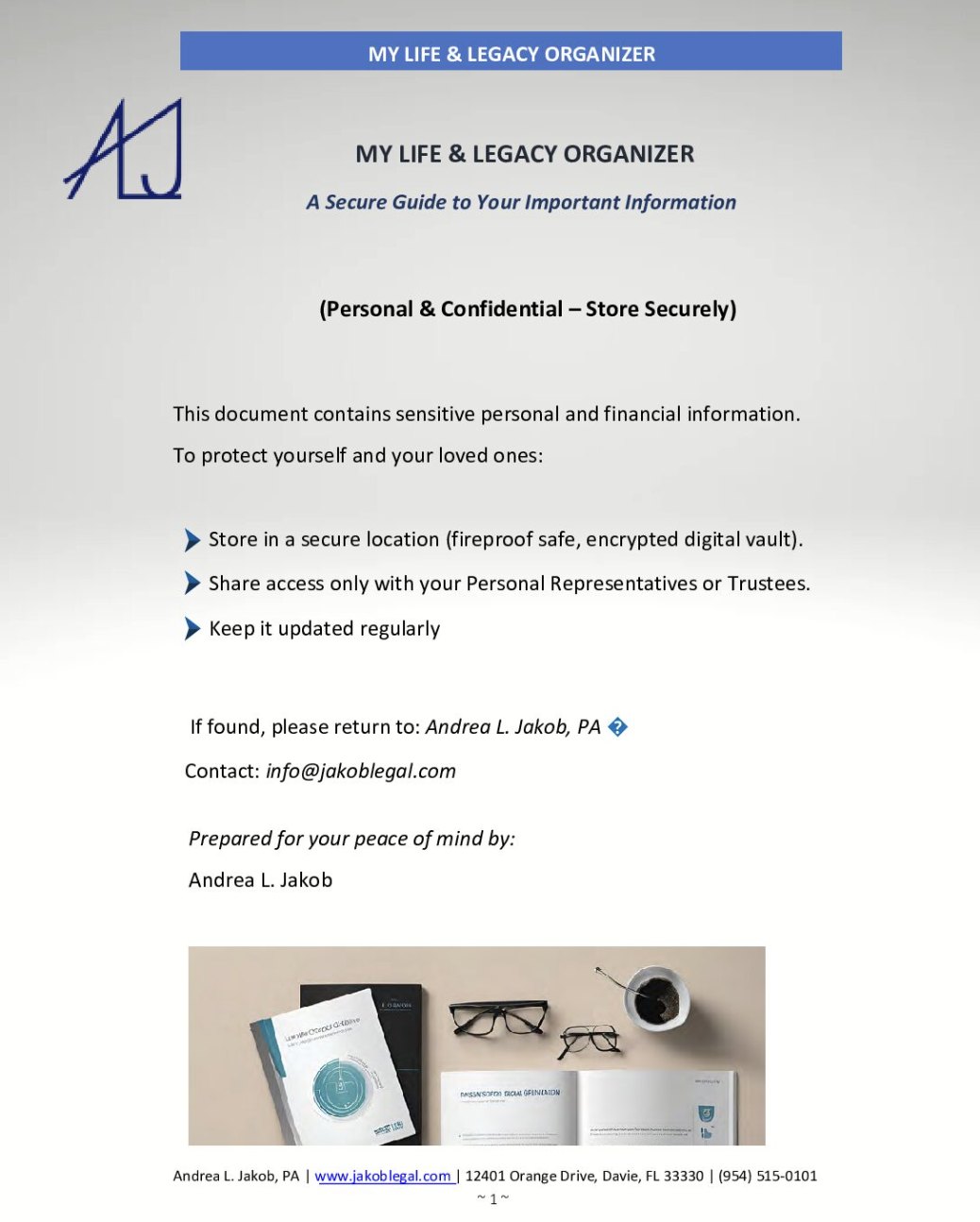Not Only for the Rich and Famous
The term estate may bring to mind mansions, vast fortunes, and a level of wealth that many people do not possess. This misconception may lead to the false impression that estate planning is only for the rich and famous, discouraging those with more modest means from seeking professional guidance. If estate is a loaded term, then trust is even more so. Mention the word trust,and many people think of wealthy families, complex legal arrangements, and a level of sophistication that can seem intimidating or unnecessary.
Misconceptions about trusts often stem from a lack of understanding about what a trust actually is, how it works, and situations where it can provide benefits above and beyond a will. Wills and trusts are complementary—not mutually exclusive. They can serve different roles in an estate plan and often address different concerns.
Trust Basics
Trusts can work in various ways depending on the type of trust and how you want to pass down your assets (accounts and property). However, every trust has some things in common.
When you transfer assets to a trust, the trust becomes the legal owner of those assets. You are, in effect, giving up direct ownership of whatever assets you place in a trust, which can include real estate, bank and financial accounts, personal property, and even things such as life insurance proceeds and business interests.
- As the Grantor (sometimes called the trustor-maker, settlor, or grantor), you create the trust and decide which asset(s) to put into it.
- A trustee (or co-trustees) manages the trust on your beneficiaries’ behalf. Depending on the type of trust you create, you might be the initial trustee.
- Your beneficiaries receive proceeds from the trust based on instructions you leave the trustee in the trust agreement. You can give the trustee wide discretion to manage assets or prescribe very narrow parameters. Depending on the type of trust, you might also be the beneficiary while you are alive.
Although a will can also be used to name beneficiaries to receive your assets, it takes effect only after you die. A trust, on the other hand, is effective during your lifetime, which means that a successor (backup) trustee can step in to manage your assets if you become disabled or injured—not just when you pass away, as with a will.
Trust-Based Planning Scenarios
Understanding how trusts work can help you properly visualize how a trust might fit into your own estate plan. To further illustrate the variety of roles trusts can play in achieving your legacy goals, here are some specific examples of scenarios where trusts are commonly utilized:
- You have a high net worth (specifically, a net worth exceeding the federal estate tax exemption, or state exemption levels, which are as low as $1 million in Oregon and even lower in some states that impose an inheritance tax). If these taxes affect you, consider
- a grantor retained annuity trust—allows you to transfer assets to beneficiaries while retaining an income stream;
- a charitable remainder trust—provides an income stream to beneficiaries, with the remainder going to a designated charity; or
- a dynasty trust—passes wealth down through multiple generations.
- You want complex distribution instructions, which could involve blended families, beneficiaries with special needs, or beneficiaries who are prone to financial mismanagement or vulnerable to creditors. These scenarios may lend themselves to
- a spendthrift trust—protects assets from creditors and prevents beneficiaries from squandering their inheritance;
- a supplemental needs trust—enables a disabled beneficiary to receive financial support from the trust without affecting their eligibility for means-tested government benefits;
- an incentive trust—makes distributions to a beneficiary dependent on their meeting certain conditions, such as graduating, becoming employed, getting sober, or volunteering for charitable causes; or
- a qualified terminable interest property trust—provides for a surviving spouse while ensuring that the deceased spouse’s assets ultimately pass to their chosen beneficiaries when the surviving spouse dies.
Estate planning attorneys often emphasize that every adult, no matter their age or wealth level, needs an estate plan. It should start with a will, but depending on your financial and family situation, a trust can be a valuable addition to your plan.
If you think a trust may be right for you and your family but are overwhelmed by the number of options and their range of uses, set up a time to talk with us about the different trust types and the benefits they offer.

